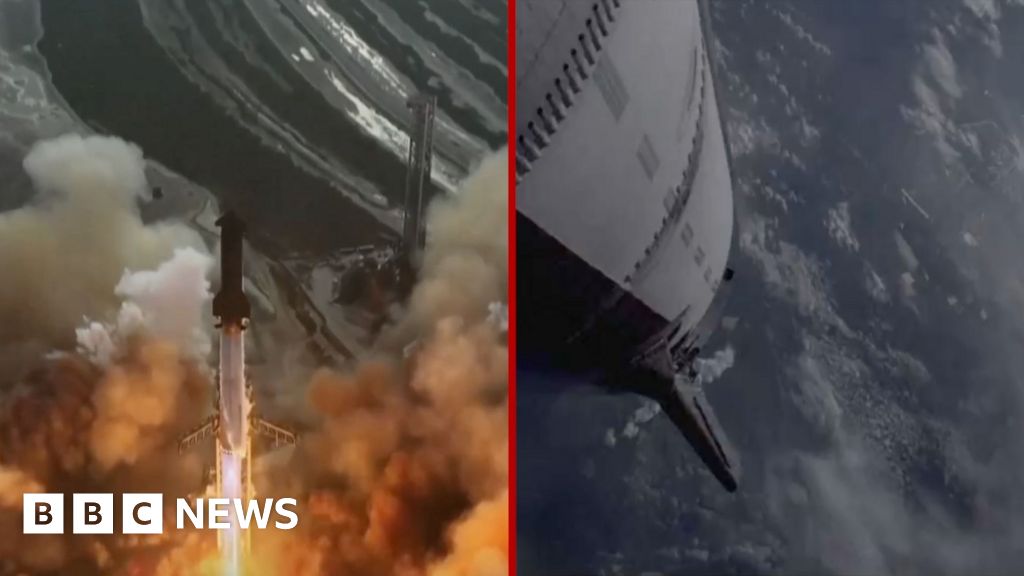Amid extensive efforts to improve internet access across South America, one country is notably resisting Elon Musk's satellite service. Despite the widespread rollout of Starlink—offering quick and affordable internet even to remote regions—Bolivia has firmly declined the service. As the nation grapples with notoriously sluggish internet speeds and a significant number of its population lacking reliable online access, the government's decision to reject Starlink's operating license has sparked confusion and discontent among citizens.
Starlink, the initiative spearheaded by Musk's SpaceX, has successfully reached numerous South American countries, transforming internet capabilities for isolated communities, including Indigenous populations deep within the Amazon rainforest. However, Bolivia’s approach has diverged, choosing to bolster its technology through an older, Chinese-made satellite system rather than embrace Starlink's innovative infrastructure.
The Bolivian government's hesitance appears rooted in concerns over Starlink's growing market control, raising fears of monopolization in the satellite internet field. This stance, however, has left many Bolivians restless as they continue to endure inadequate service, which hampers education and emergency response in crises.
The capital city, La Paz, and other regions across Bolivia still endure some of the slowest internet speeds in the continent, exacerbating the already significant digital divides in access to information and opportunities. As the government's decision impacts connectivity initiatives, the question remains: will Bolivia be able to overcome its barriers to embrace modern internet solutions for its citizens?
Starlink, the initiative spearheaded by Musk's SpaceX, has successfully reached numerous South American countries, transforming internet capabilities for isolated communities, including Indigenous populations deep within the Amazon rainforest. However, Bolivia’s approach has diverged, choosing to bolster its technology through an older, Chinese-made satellite system rather than embrace Starlink's innovative infrastructure.
The Bolivian government's hesitance appears rooted in concerns over Starlink's growing market control, raising fears of monopolization in the satellite internet field. This stance, however, has left many Bolivians restless as they continue to endure inadequate service, which hampers education and emergency response in crises.
The capital city, La Paz, and other regions across Bolivia still endure some of the slowest internet speeds in the continent, exacerbating the already significant digital divides in access to information and opportunities. As the government's decision impacts connectivity initiatives, the question remains: will Bolivia be able to overcome its barriers to embrace modern internet solutions for its citizens?

















